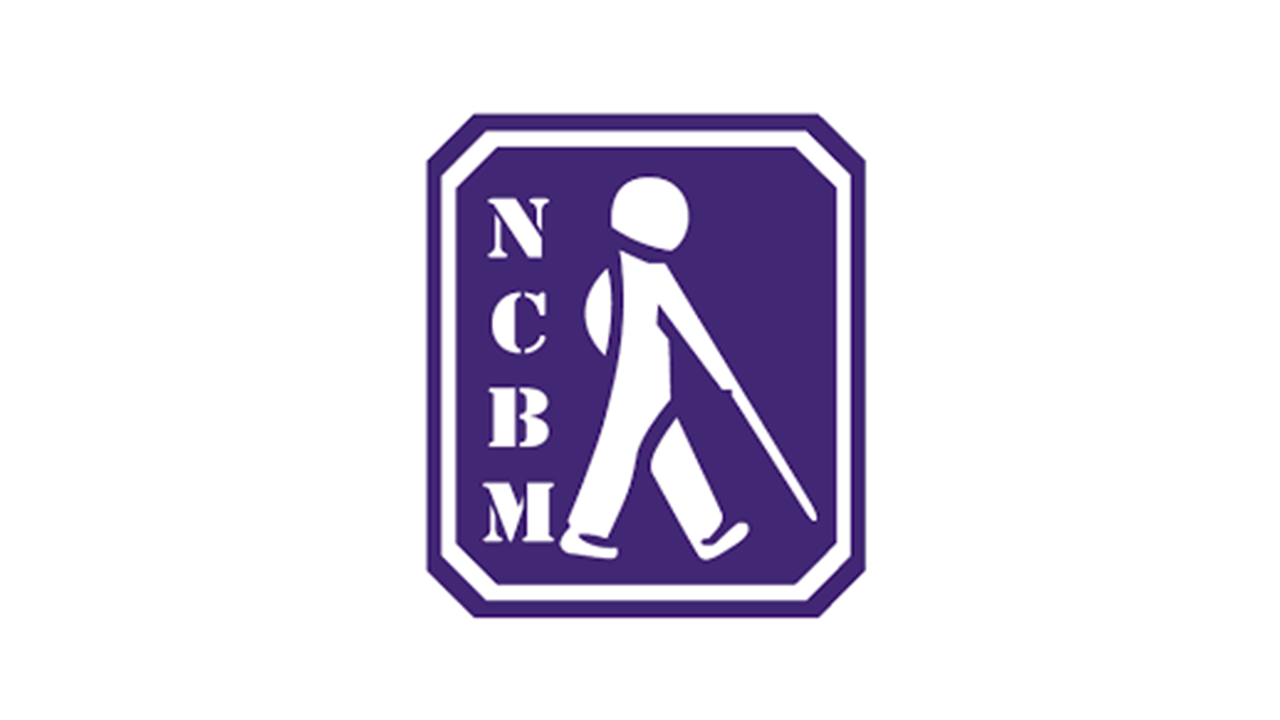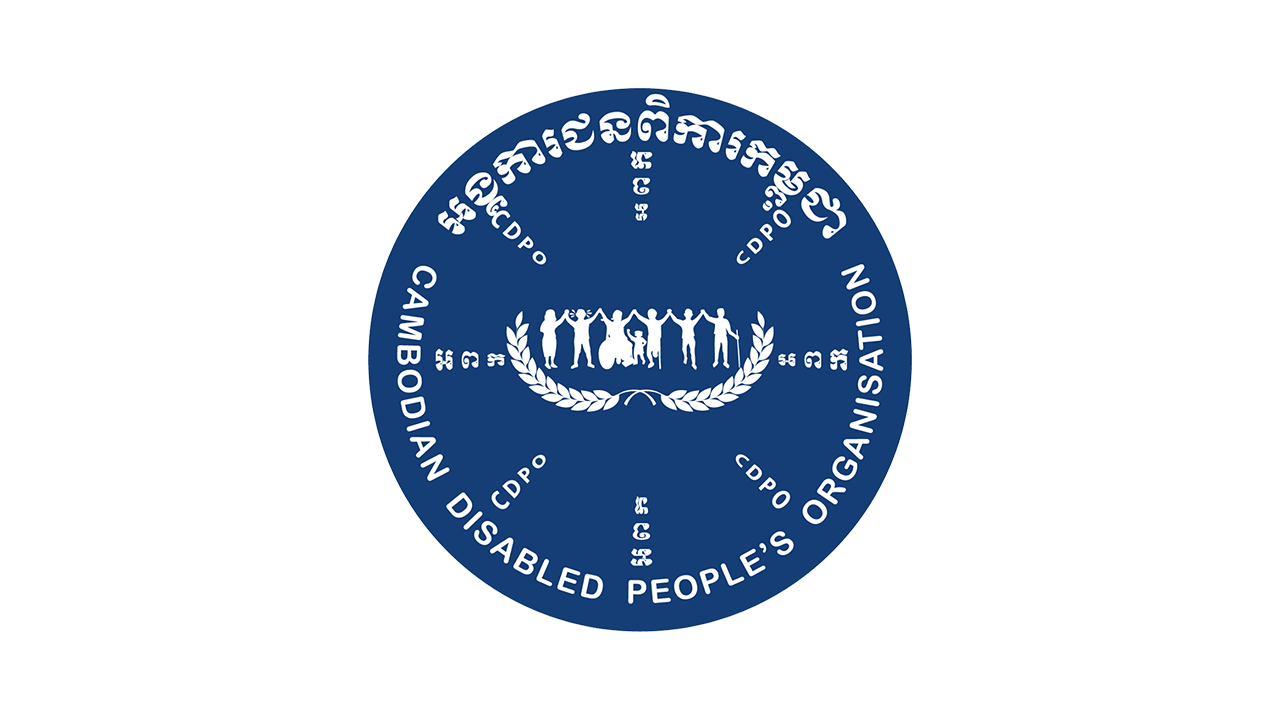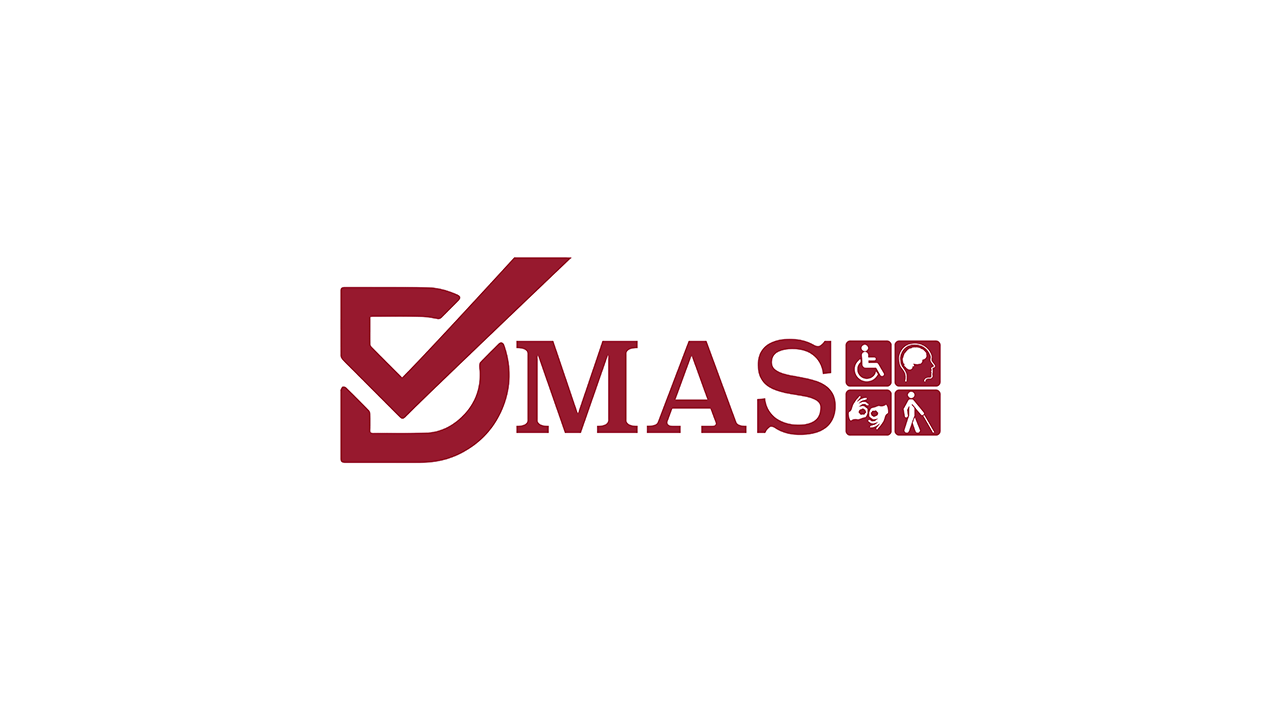AGENDA – with the support of two local partners, the Katipunan ng Maykapansanan sa Pilipinas (KAMPI) and the Legal Network for Truthful Elections (LENTE) – organized a mission to monitor the acc essibili ty for persons with disabilities in the Philippines’ May 13 legislative election.
AGENDA deployed around 80 volunteers, half of whom have a disability, into three provinces in the Philippines: Iloilo, Zamboanga and Pangasinan.
Before monitoring on May 13, AGENDA and partners prepared through several activities. A pre-election technical assessment workshop was held on April 24 in Manila, hosted by KAMPI. Participants discussed issues pertaining to election monitoring activities specific to the Philippines.
Some of the issues raised during this workshop were used to tailor AGENDA’s monitoring checklist. AGENDA’s monitoring checklist had been used to monitor five local elections in Indonesia and the commune election in Cambodia over the past two years. This is the first checklist of its kind, specifically designed to monitor the accessibility of elections. Before its use on May 13, the checklist had to be tailored to fit the Philippines context.
A checklist tailoring workshop was held on April 27 in Manila by LENTE. In that workshop, the team discussed items on the checklist applicable to the Philippines. The team produced a checklist containing 36 items and 20 individual survey questions.
General findings from the observation mission include:

Many polling stations did not have data on how
Many persons with disabilities would vote there.
There was confusion about data on persons with disabilities. Initially, some polling station officers thought names on the voter list marked with color were persons with disabilities, but this was not the case. These were deceased voters or those who moved from the area.
Polling stations are located in schools, and the condition of the classrooms decided the accessibility of polling stations. Some were more accessible than others.
There was not parking for persons with disabilities at all polling stations nor were there accessible toilets.
Chairs/tables in most polling stations were not accessible for wheelchair users.
Braille templates were not available in every polling station.
Information about priority for voting for persons with disabilities, senior citizens and pregnant women were given in some polling stations where queues were long and crowded.
Help desks were in place, but in many polling stations no one was standing by. Because of this, persons with disabilities sometimes had difficulty finding their precincts.
In one polling center, the ramp meant for wheelchairs was used by television crews to transport their equipment. Instead of giving the ramp to wheelchair users, they chose to lift the wheelchairs.
Persons with visual impairment thought the ovals on the ballot were too small. They took more time to shade the ovals because they were afraid they would over shade.
After the monitoring, LENTE and KAMPI organized a national workshop on May 24 to discuss findings. The workshop was attended by volunteers from three provinces. The next day, LENTE organized a press conference to report its findings to the press and call for improvement in future elections to accommodate persons with disabilities.










